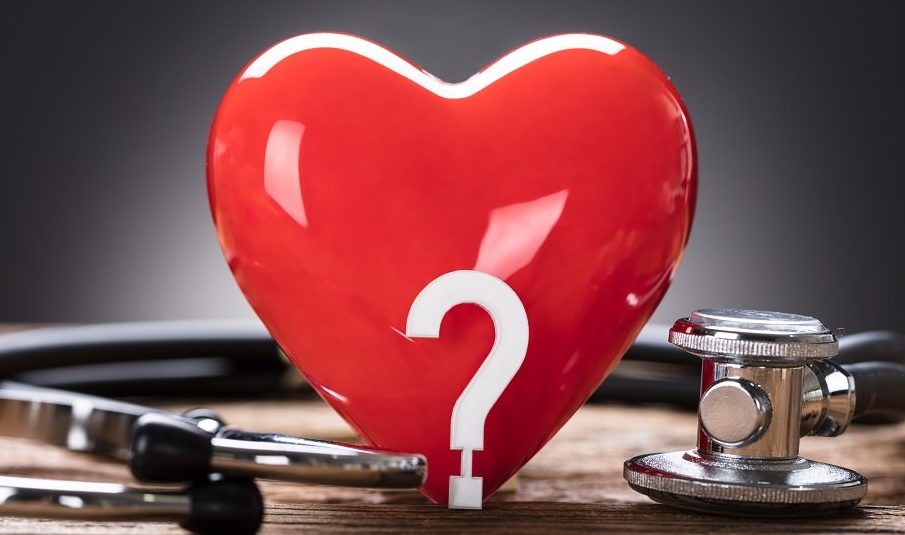Heart disease and COVID-19: 4 common questions answered
As the coronavirus pandemic has spread and evolved over the last few months, we have received many good questions from our patients about their unique risk of COVID-19 given their heart disease. Here are the answers to the questions we are getting most frequently. Know that we are learning more every day and that the answers may evolve as we increase our understanding of COVID-19.
1. Does my heart disease put me at increased risk of coronavirus?
You are not at increased risk of becoming infected with the coronavirus if you have heart disease. However, you may be at higher risk of having severe illness if you do get infected.
Data presented by the CDC has suggested that people with “serious heart conditions” are at higher risk of severe disease. However, “serious heart conditions” has not been well defined. We are seeing that people with heart failure, severe coronary artery disease, and poorly controlled high blood pressure are at higher risk.
2. What specific measures should I be taking to protect myself?
There are no recommendations specific to patients with heart disease. You, like everyone, should be trying your best not to get infected. This includes following social distancing guidelines (i.e. staying away from crowds and public spaces, keeping 6 feet of distance between you and others whenever possible, wearing a mask when you go out), washing your hands and frequently touched surfaces often, and letting your doctor know if you think you have symptoms of COVD-19.
It is also very important to continue to maintain your cardiac health by taking your prescribed meds, exercising, eating a heart-healthy diet, and getting enough sleep. These things will help ensure that your your heart is in the best shape possible to help your body fight off the virus if you do get infected.

3. Should I stay on my ACE inhibitor or angiotensin receptor blocker (ARB) medication for my high blood pressure?
YES.
Over the last 2 months there has been a lot of press about whether ACE/ARB medications increase the risk of contracting COVID-19 or the severity of illness. This comes from the observation from lab research and mouse studies that the coronavirus attaches to a cell receptor called ACE2. ACE2 is found in increased numbers in people taking ACEs and ARBs and there was a hypothesis that this may increase infection risk. However, there are also studies being done in mice that show that ACE2 receptors are protective and decrease lung damage by the virus.
Long story short, there are no convincing human-level data that taking ACEs or ARBs increases or decreases your risk of COVID-19 infection or severe illness when infected. What we do know is that poorly controlled high blood pressure is a risk factor for severe disease. To this end, the American College or Cardiologist, the American Heart Association, and other international cardiology organizations have currently recommended that patients who are on ACEs and ARBs stay on them. As always, do not hesitate to reach out to your cardiologist to discuss this further if you have questions or concerns.
4. Should I still go to the hospital or get in to see my doctor if I am having chest pain, shortness or breath, or other symptoms concerning for unstable heart disease?
YES! YES! YES!
Not getting timely treatment for an acute cardiac issue such as a heart attack, arrhythmia, or heart failure can be deadly and have negative consequences for your health in the future. Usually in times of stress and crisis, the number of patients with acute heart attacks and strokes who come to the ER increases. This is definitely a time of stress! However, few patients are presenting to the ER with these emergent issues. There is concern that patients are staying at home when they are having symptoms of heart attack and stroke because they are scared of being exposed to COVID-19 in the hospital. The truth is that doctors’ offices, emergency rooms, and hospitals have robust protocols in place to decrease your risk of COVID-19 exposure. Do not the coronavirus stop you from getting life-saving treatment!
